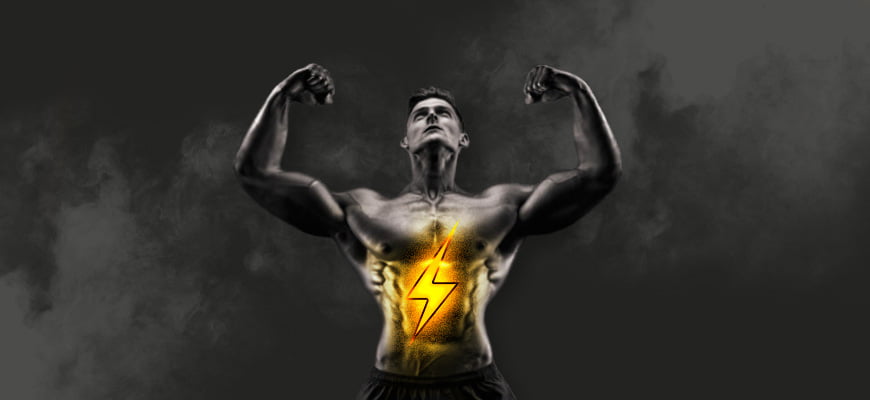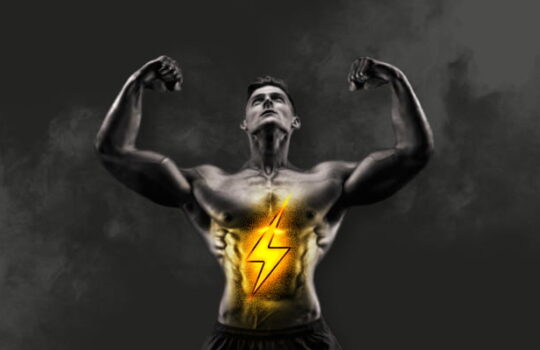A healthy athlete's diet is extremely important for individuals who do sports in terms of protecting general health, increasing attention skills and improving endurance. Athlete diet meets the nutritional and energy needs of the person, which vary according to the person's sport, gender, age, weight and height. The main goal is to increase athlete performance and protect their health. An athlete who has a good and balanced diet can perform better and reach the desired body weight more easily.
Athlete Diet Principles and Fluid Consumption
The athlete's diet should include adequate fluid intake and the required amount of energy. During exercise, the body burns more calories than at rest. For this reason, athletes' nutritional and energy needs are higher than those who do not do sports. It is also possible to use steroids as energy supplements.
The athlete's diet should be rich in carbohydrates, sufficient in protein and lower than normal in fat content.
Get Information with WhatsAppBody Fat Ratio and Its Effects
Athlete nutrition affects body weight, success in sports, endurance, fluid mass and the amount of fat in the body. It is not a correct approach to evaluate people who are involved in sports only by looking at their weight. Muscle mass and fat amount should also be taken into consideration. For example, the body weight of a person involved in sports such as weightlifting or bodybuilding may appear high because, although the amount of fat in the body is at a normal level, muscle mass is more.
Features of Athlete Diet
- Nutrient and Energy Needs: People who do sports burn more calories during exercise, and therefore their nutritional and energy needs are higher than those who do not do sports. The athlete's diet should include adequate fluid and energy intake. Additionally, it is not a good method to provide energy by purchasing steroids.
- Nutritional Composition: The athlete's diet should be rich in carbohydrates, normal in protein and below normal in fat content. Since athletes lose more fluid, fluid consumption should be increased. In general, athletes' daily calorie needs can range from 2000 to 5000 calories, but each athlete's needs vary depending on personal factors.
- Nutritional Supplements: Athletes can use some nutritional supplements to improve their performance. These include protein powders, BCAAs, creatine, anabolic steroid May contain supplements such as: However, the use of these supplements should also be careful and controlled. It is important to consult with a qualified nutritionist and determine supplements that suit your needs.
Examples of Athlete Diet
- Breakfast: A breakfast containing a source of protein, carbohydrates and healthy fats such as eggs, oatmeal, fruit and yogurt can be preferred. You can also drink green tea or freshly squeezed juice at breakfast to increase your energy and nutrient intake.
- Lunch: You can choose a lunch such as grilled chicken breast, brown rice, vegetables and salad. A lunch containing protein, carbohydrates and fiber is ideal for providing energy and supporting muscle repair.
- Snack: You can have a snack before or after your workout. Snacks containing carbohydrates and healthy fats such as bananas, almond butter and oatmeal can be preferred. Additionally, a protein shake or smoothie can also be used to provide energy and support muscle repair.
- Dinner: You can choose a dinner such as grilled salmon, sweet potatoes, broccoli and green salad. A dinner rich in omega-3 fatty acids, protein, vitamins and minerals is important to support recovery and provide energy.
Fat Burning with Athlete Diet
The athlete diet is a nutrition program designed to support fat burning and increase performance. Athlete diet for fat burning is based on the following principles:
- Calorie Balance: The important thing for fat burning is that the amount of calories you consume daily is less than your energy expenditure. This helps use fat tissue, where your body stores energy. However, extreme calorie cutting can also be unhealthy, so proper calorie balancing is important to lose weight in a healthy way.
- Protein Intake: Protein is important for maintaining and rebuilding muscle mass. The athlete diet ensures adequate protein intake. Protein-rich foods can support fat burning while preserving muscle. Example protein sources include chicken, turkey, fish, eggs, dairy products, soy products and legumes.
- Healthy Fats: Healthy fats support fat burning. This requires consuming foods containing unsaturated fats. Healthy fat sources such as olive oil, avocado, almonds and walnuts can be used.
- Carb Selection: Carbohydrates are important in the athlete's diet because they provide the energy necessary for exercise. However, complex carbohydrates should be preferred over refined carbohydrates. Complex carbohydrates such as whole grains, vegetables and fruits are a better option.
- Drinking Water: It is important for body hydration, metabolism and fat burning. Drinking plenty of water supports fat burning and helps remove toxins from the body. It is important to take care to drink more water to prevent dehydration while exercising.
An athlete's diet may vary depending on a person's goals, age, gender, physical activity level, and other individual factors. Therefore, it is important to work with a nutritionist or dietitian for an athlete diet that suits your individual needs.

